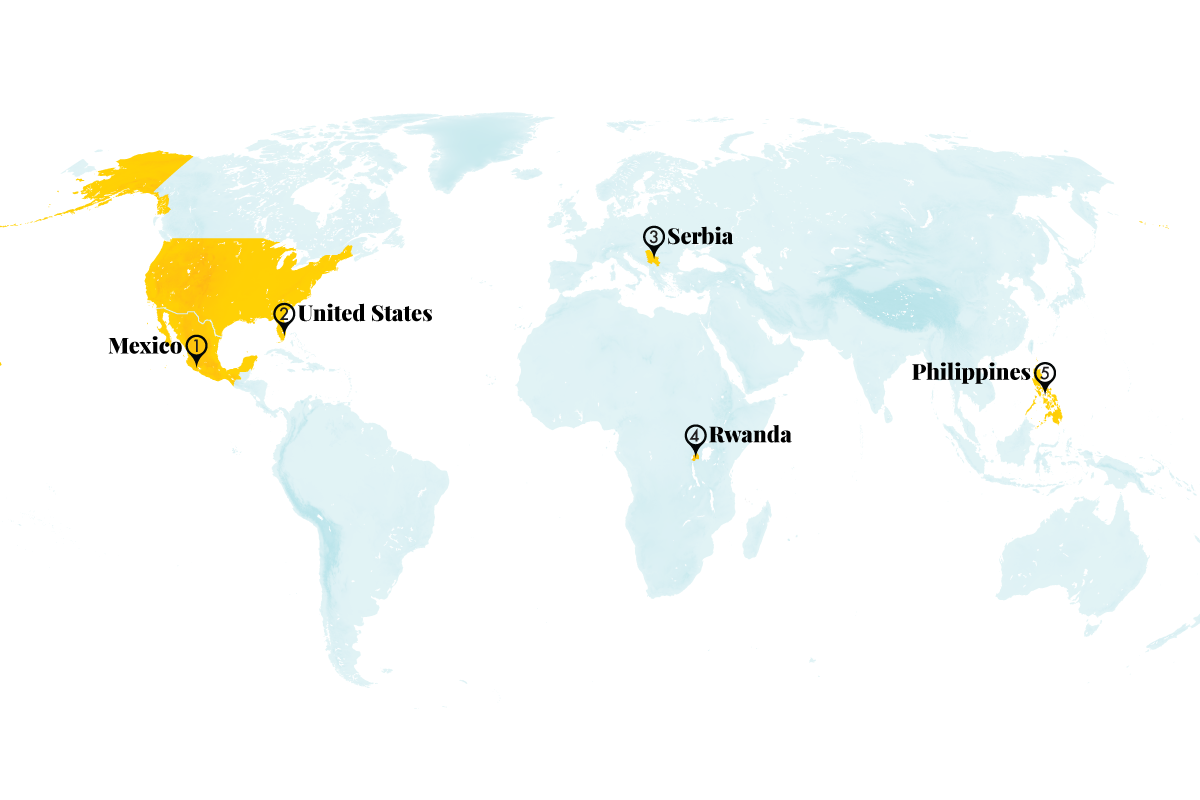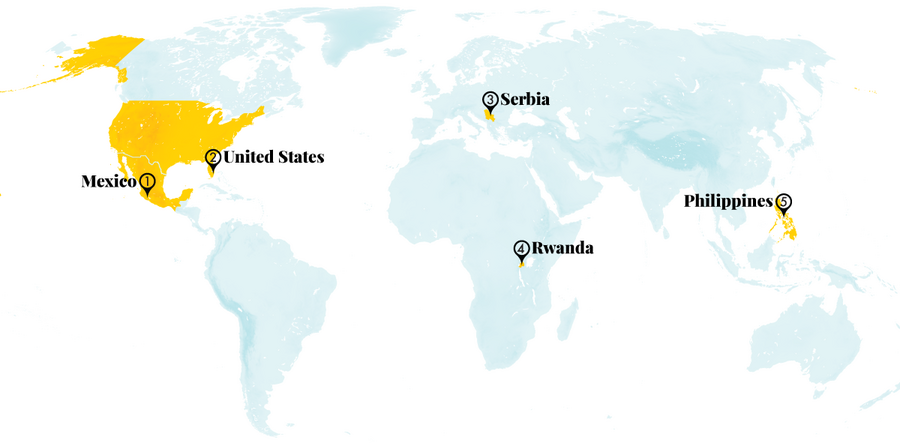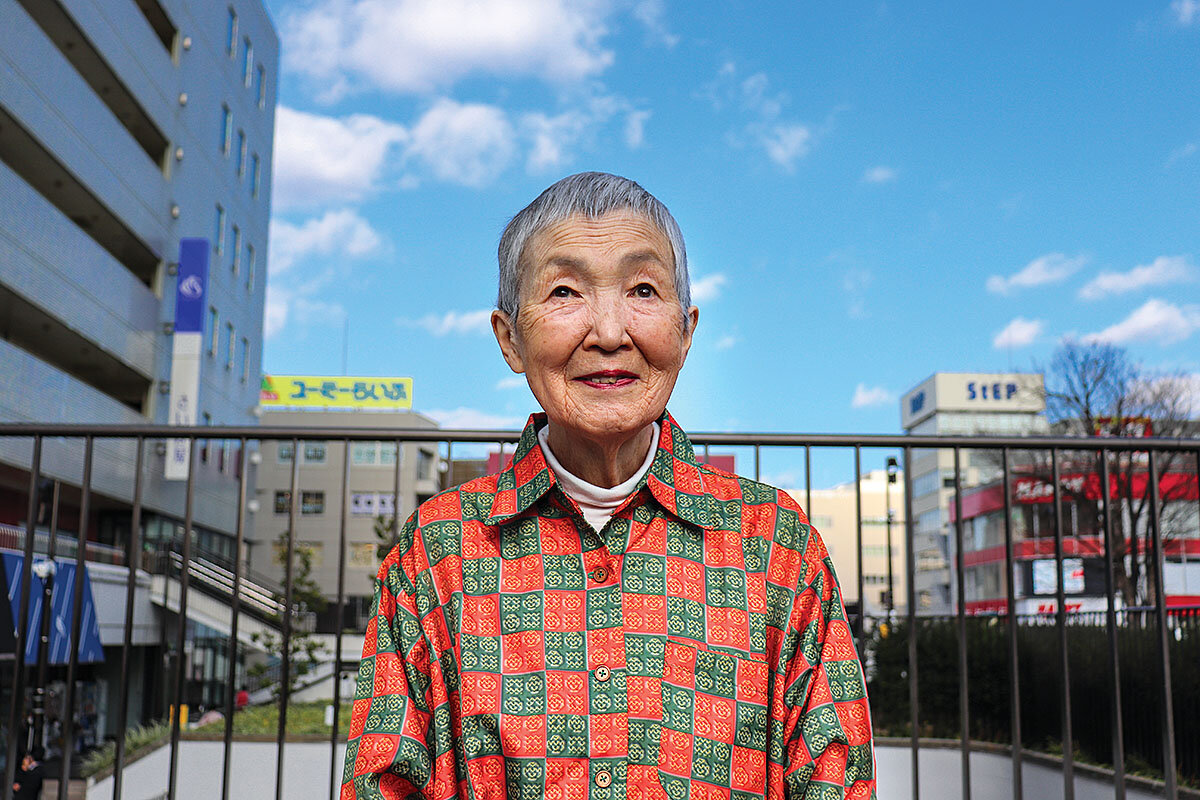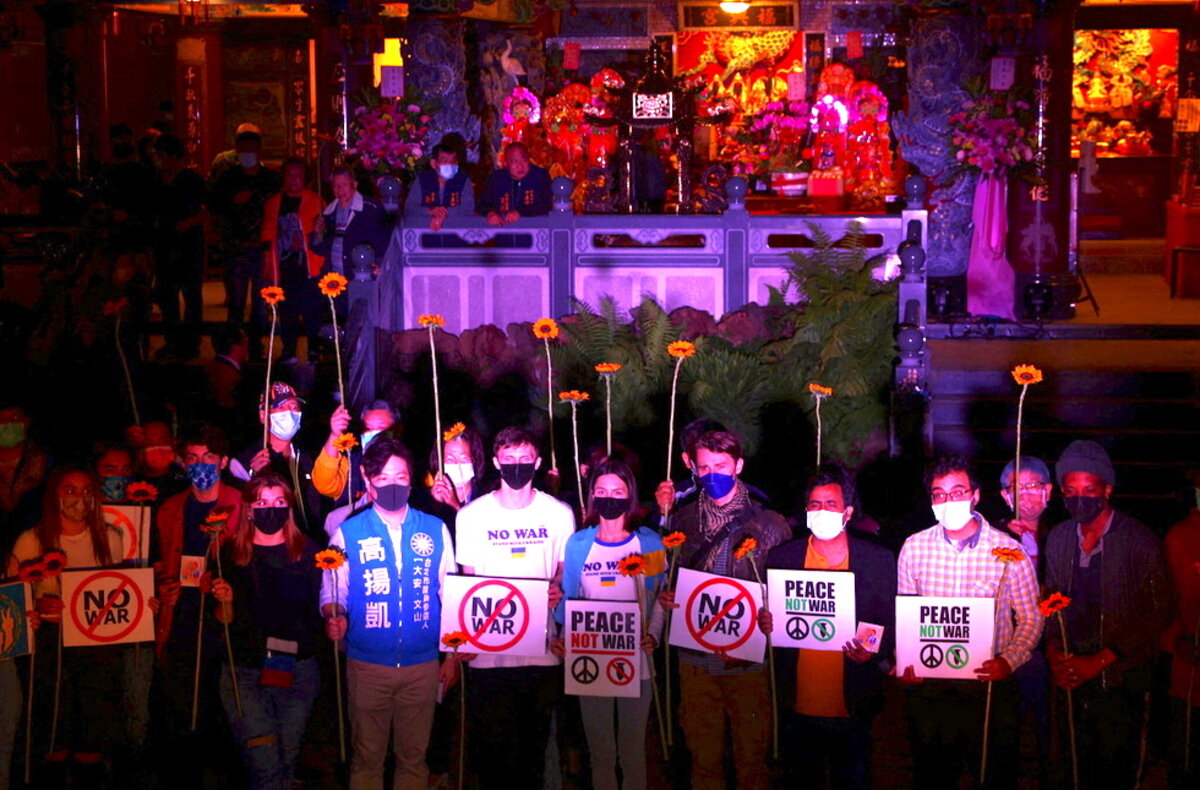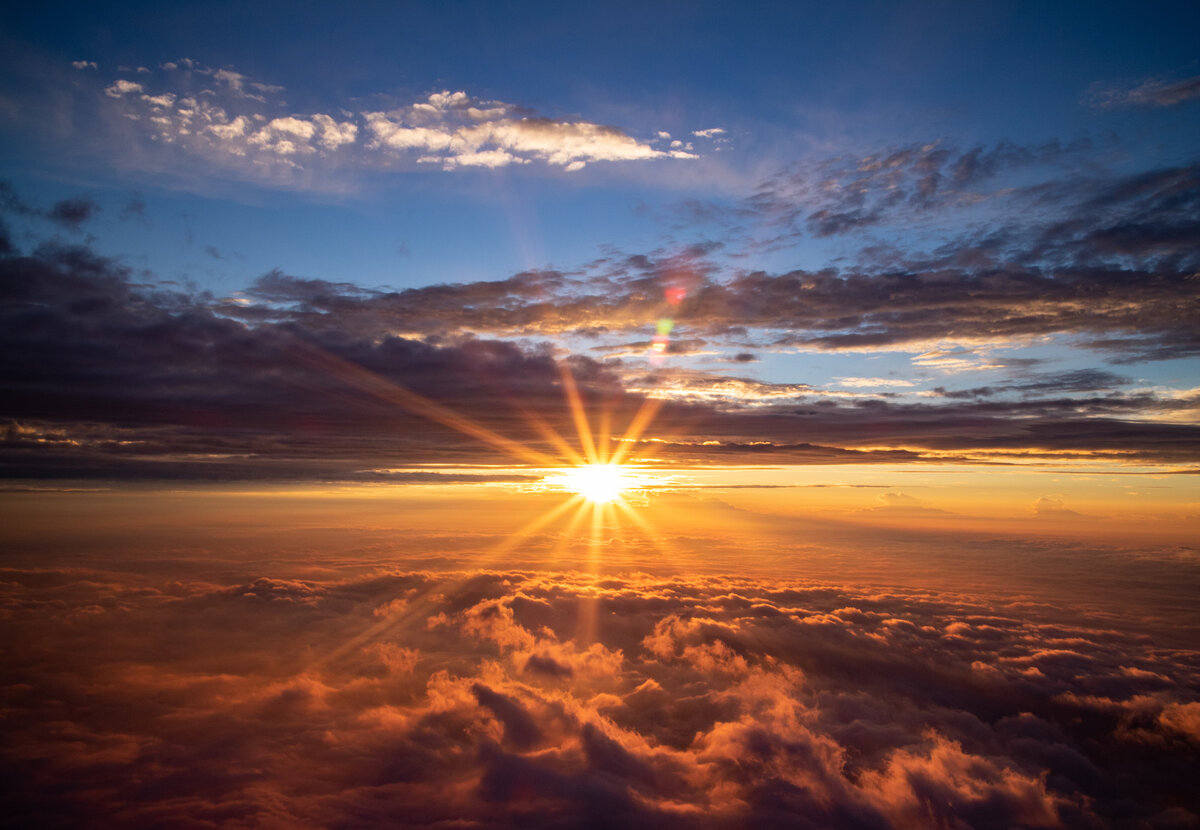The speed and breadth of sanctions have stunned Russia and stirred self-congratulation in the West. Yet big questions remain about what the financial squeeze will achieve, and about unintended consequences.
Monitor Daily Podcast
- Follow us:
- Apple Podcasts
- Spotify
- RSS Feed
- Download
 Stephen Humphries
Stephen Humphries
This week, our daily columns are answering questions related to the Russian invasion of Ukraine. Today, it’s about culture: Why is music so important at moments like this?
During the war, people have turned to music to lift their spirits. In Poland, a German man transported his piano to a railway station to welcome refugees with joyful melodies (a Ukrainian woman joined him to play “We Are the Champions”). In Ukraine, a little girl sang “Let It Go” inside a shelter. Elsewhere in the country, an army brass band gathered around a bomb crater to perform their national anthem. In Washington, the audience at the Kennedy Center stood while Yo-Yo Ma played that anthem on his cello. And in Portland, Oregon, Jon Durant has been listening to songs he recorded with Ukrainian ethnomusicologist Inna Kovtun, who recently fled to Poland with her daughter.
“I’ve had a really hard time finding words to put how I’m feeling about all of this,” says the guitarist, a regular collaborator with Ms. Kovtun and British bassist Colin Edwin. Music is a way “we can express our sadness, we can express our joy, we can express our horror.”
The trio’s albums are available on a Bandcamp page, with proceeds benefiting the British Red Cross Ukrainian Crisis Fund. (A number of other artists and record labels have also launched relief efforts.) Another motive: introducing Ukrainian sounds to new ears. Ms. Kovtun’s folk singing not only features unusual rhythms and harmonies, but also contrasts guttural throat sounds with fluttering trills. If Russia prevails in the war, some worry it will stamp out Ukrainian traditions.
“Music is perhaps the most portable and durable cultural artifact, and in times like these it’s something people can carry within them, bond over, and share together,” says Mr. Edwin via email. “Keeping music alive … is extremely important for those who are facing an attack on their identity and statehood.”
Mr. Durant wants to shelter Ms. Kovtun in America. Her conscripted husband is still in Ukraine.
“The closest thing to solace,” says Mr. Durant, is “putting on some of the music that we’ve done and hearing her voice and feeling like, ‘OK, she’s here with me.’”







